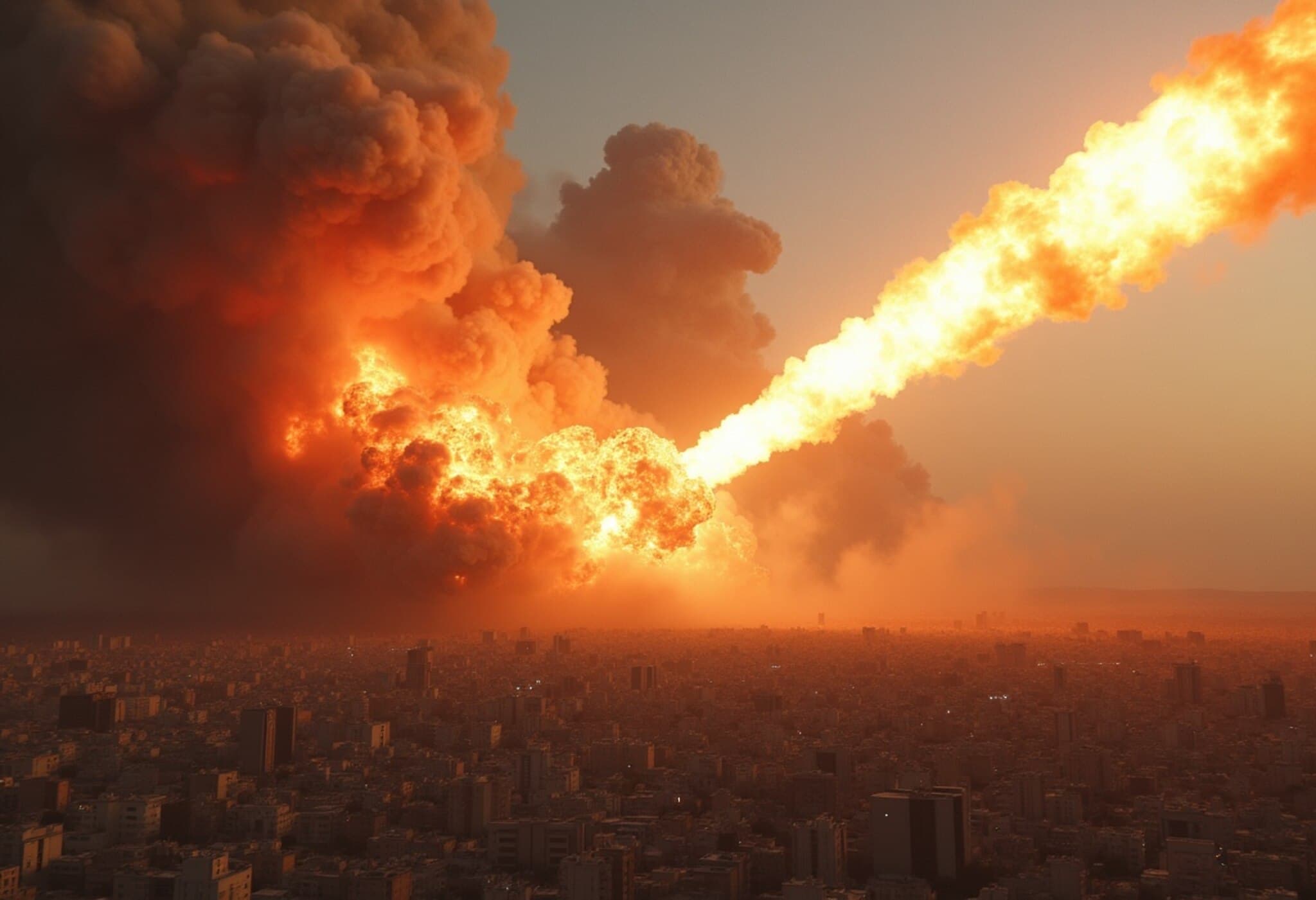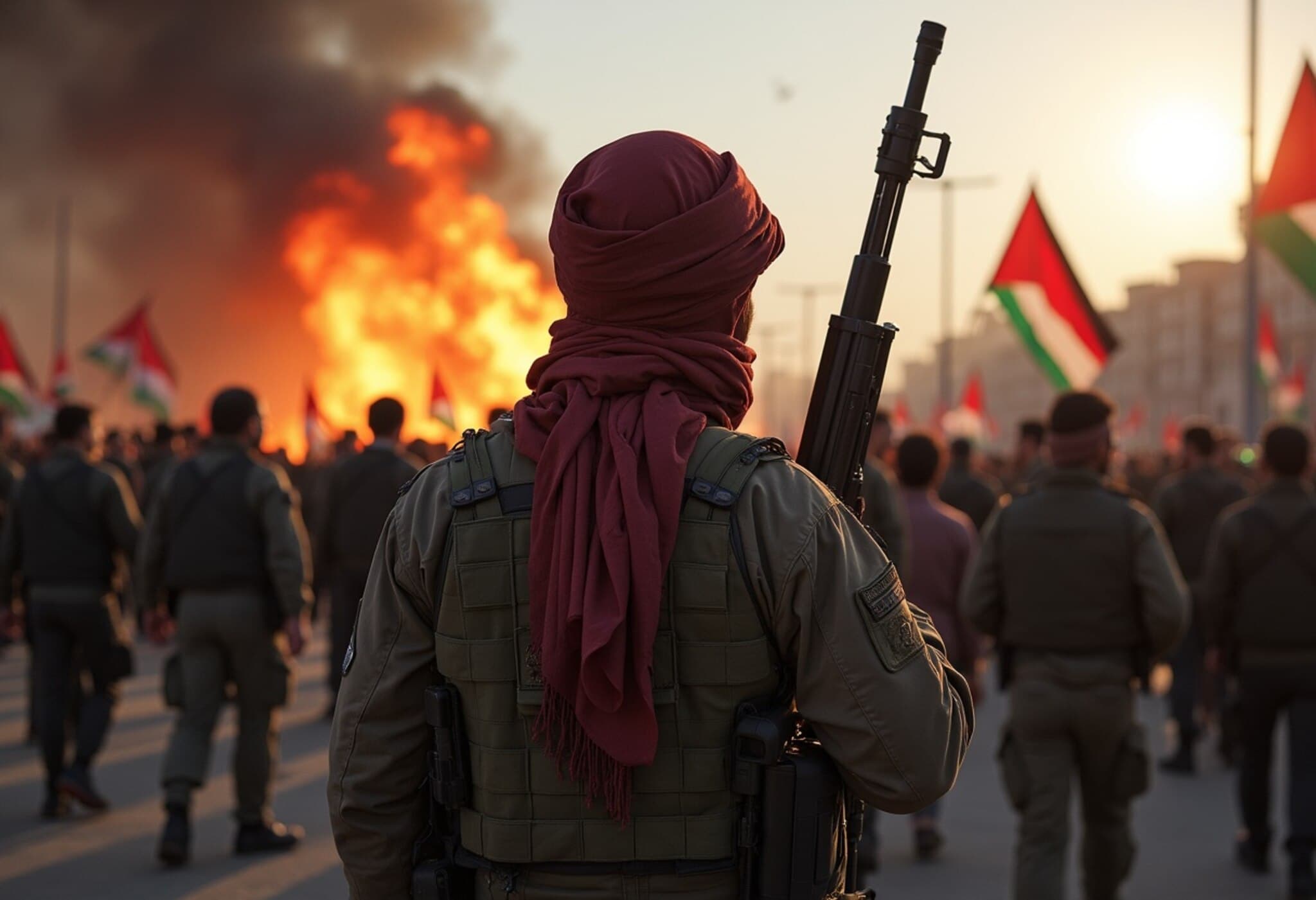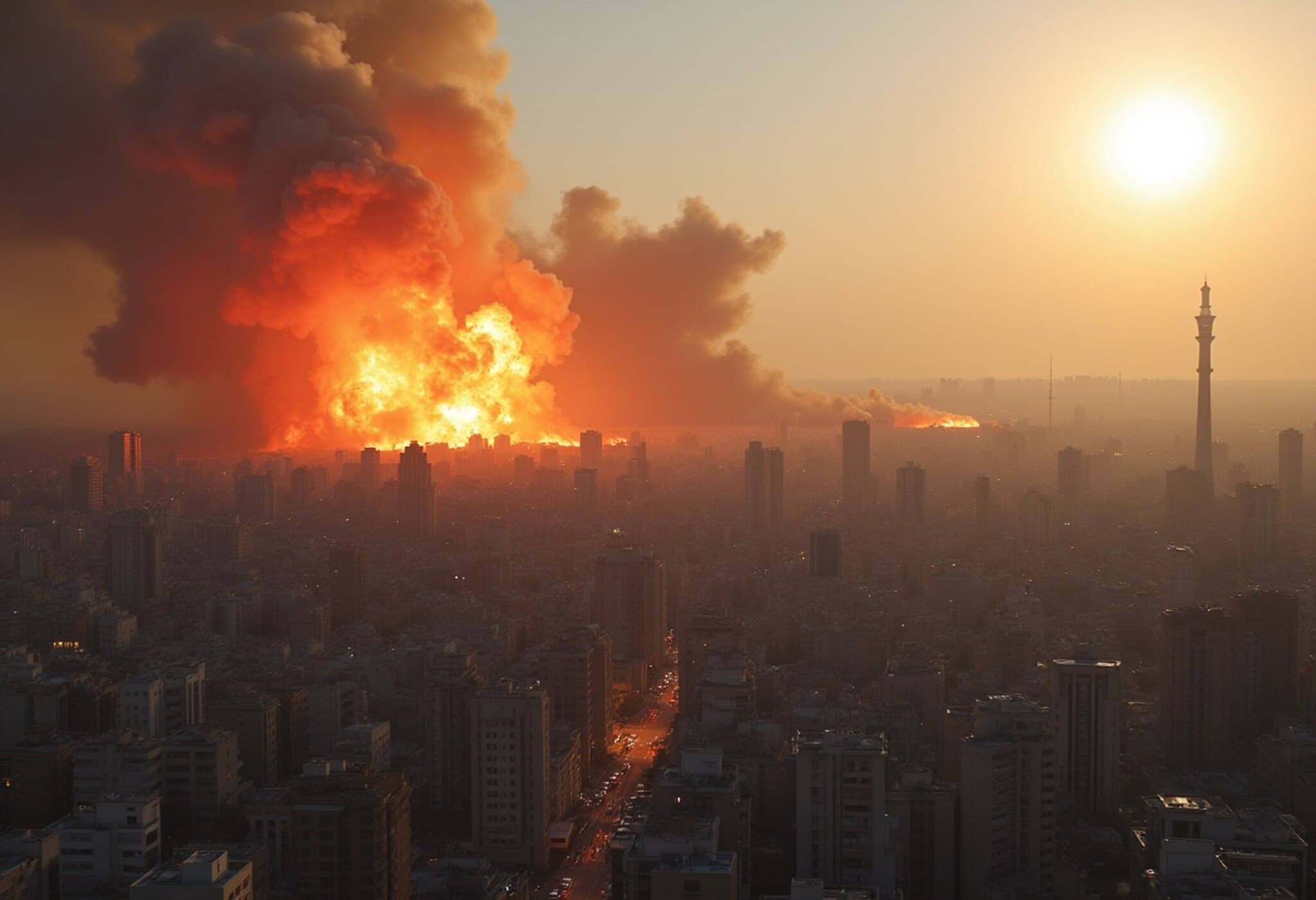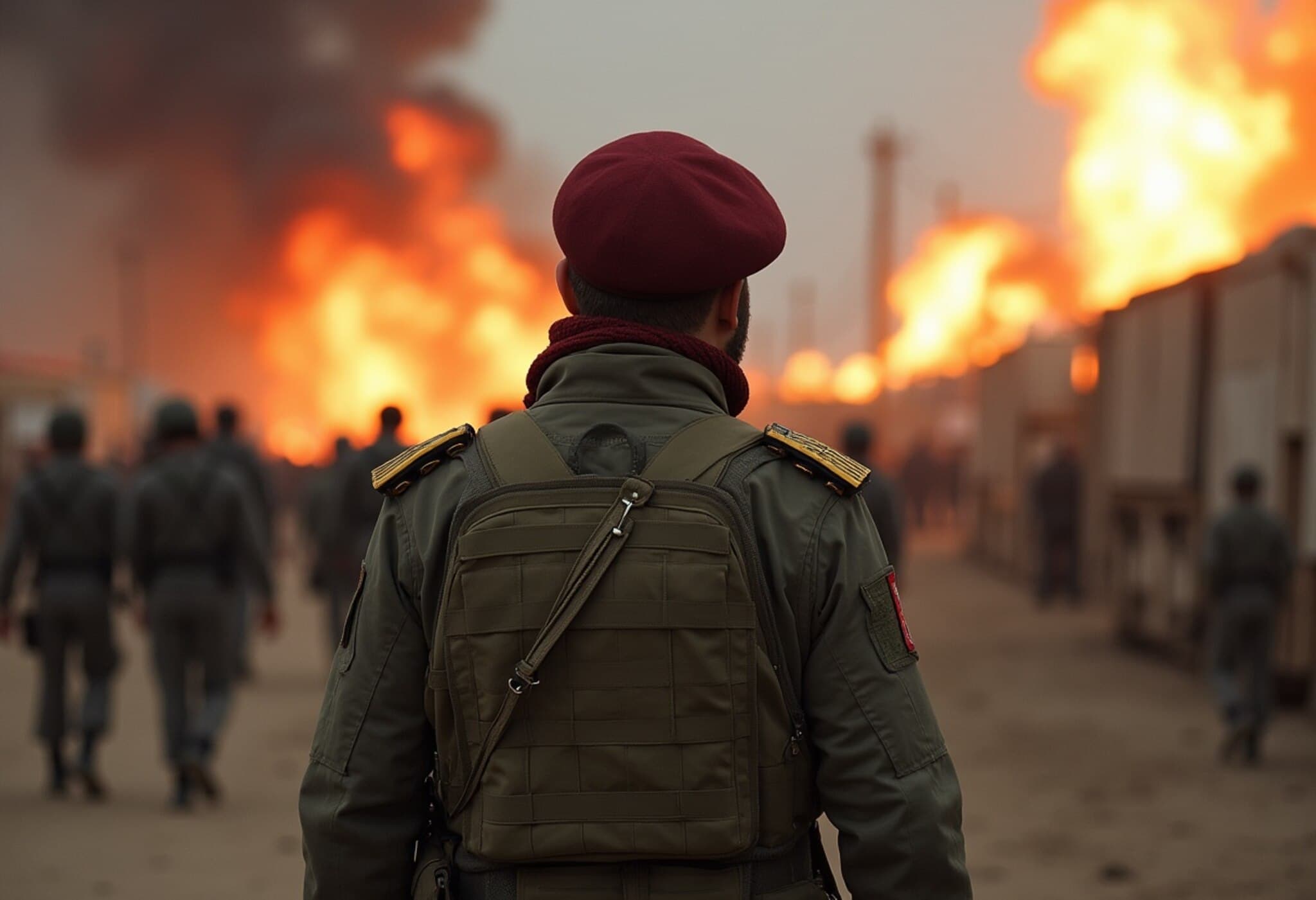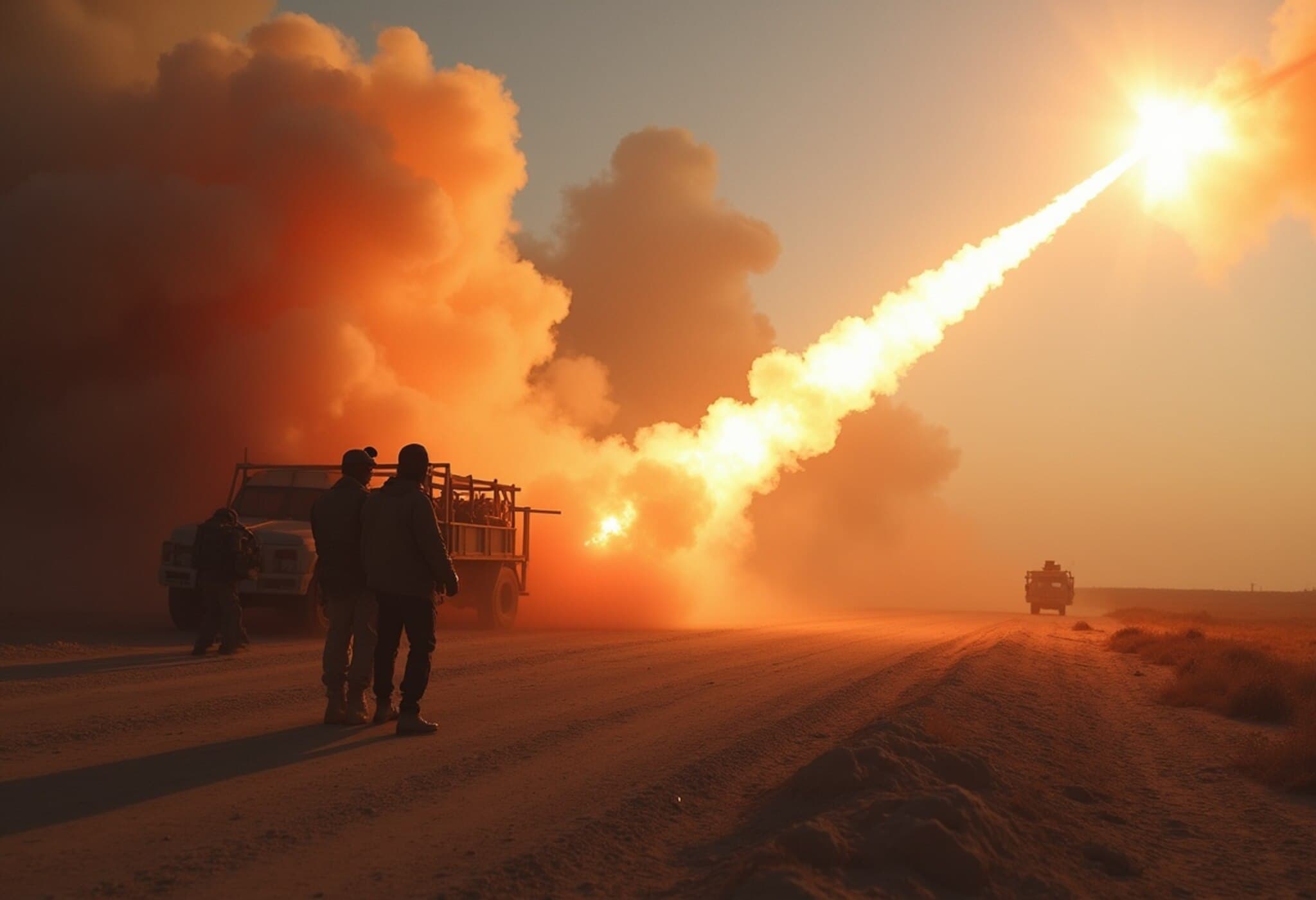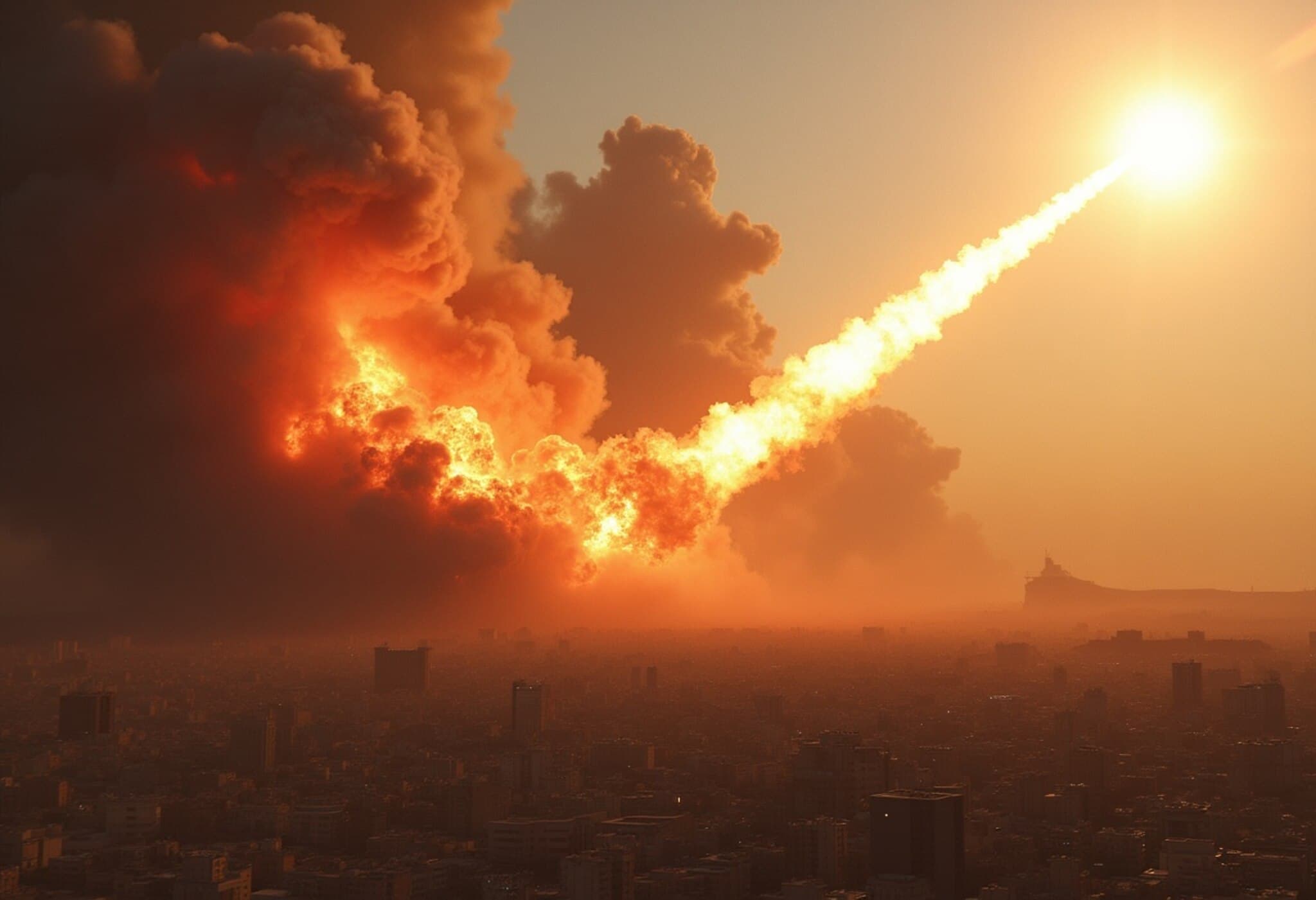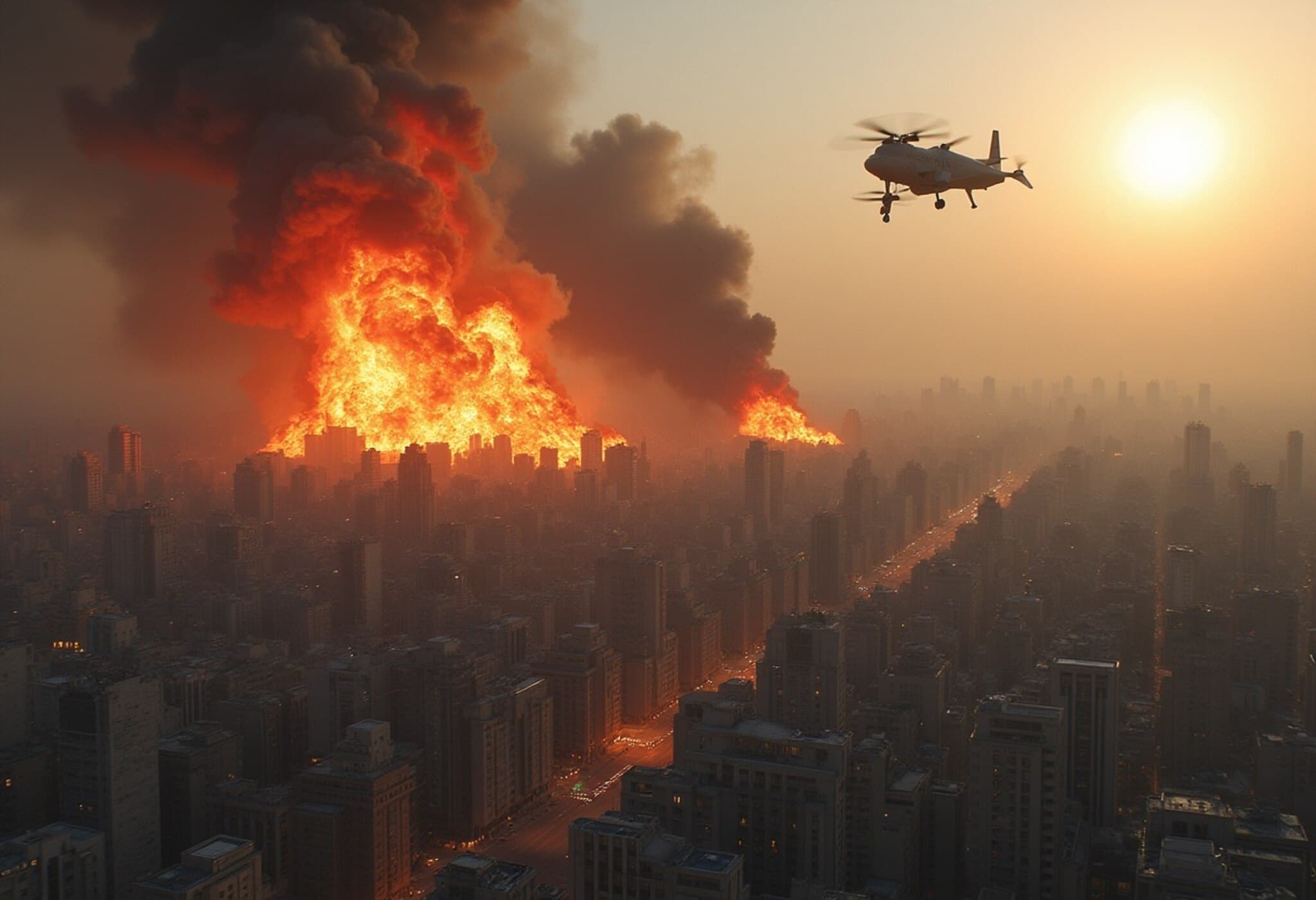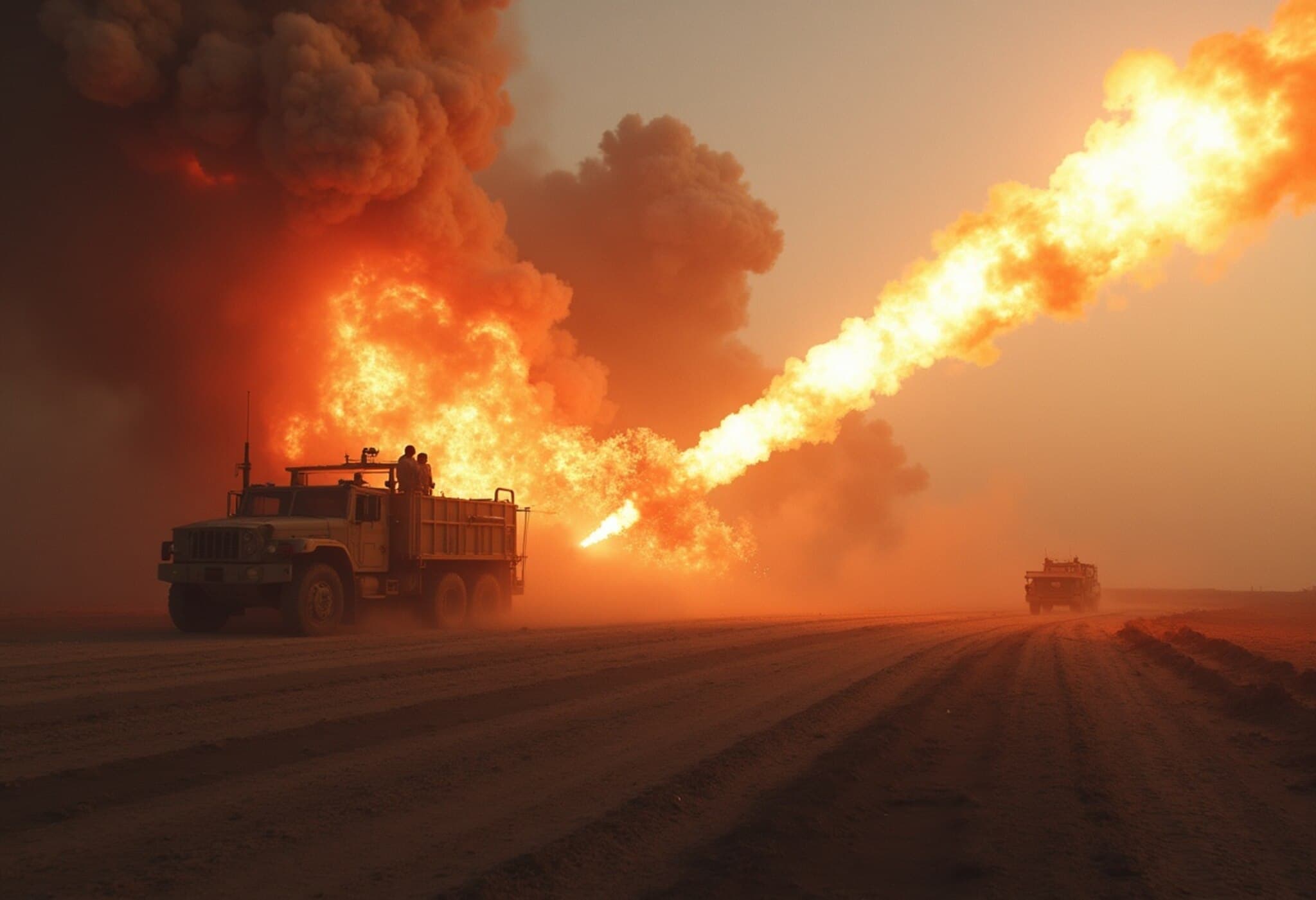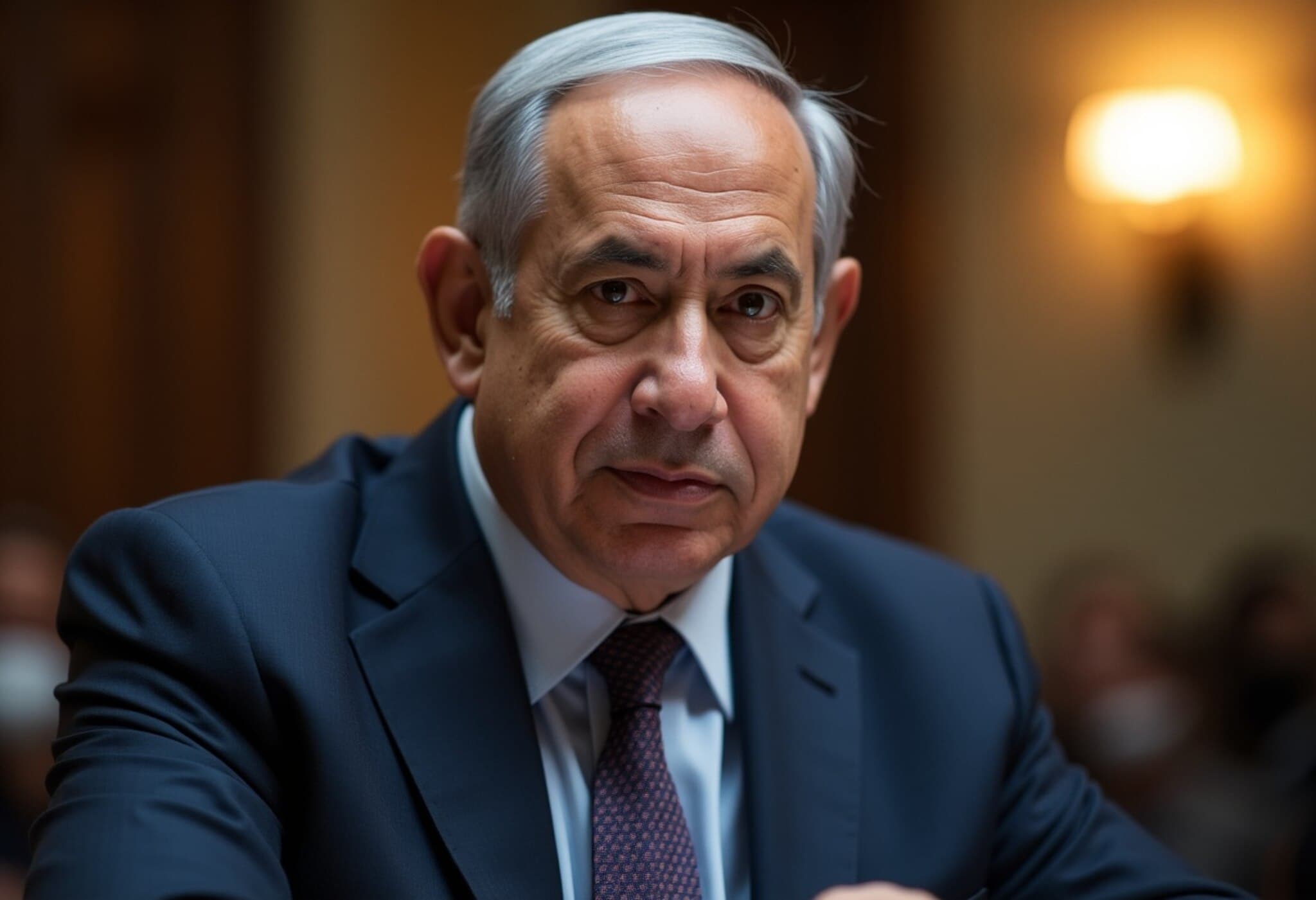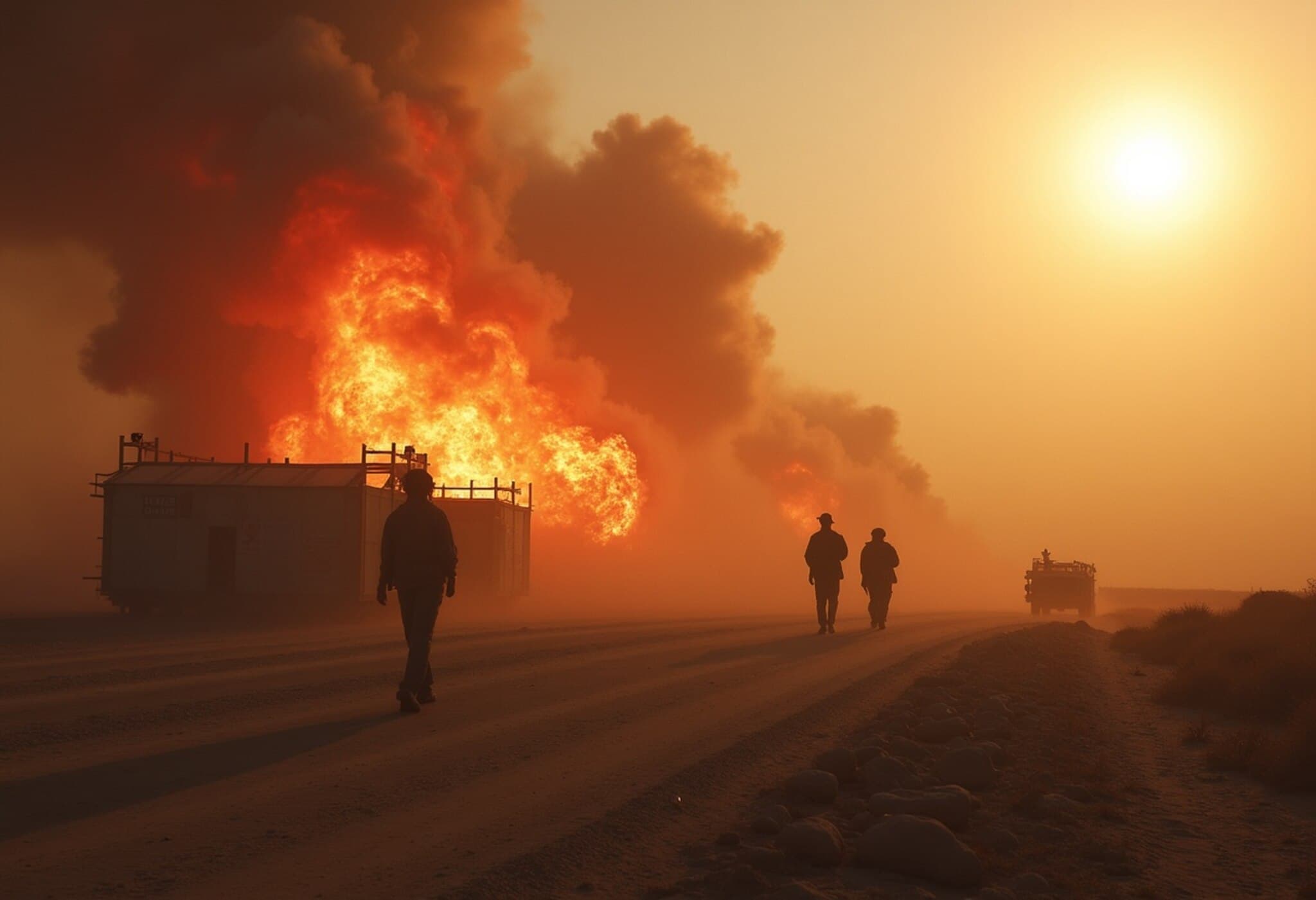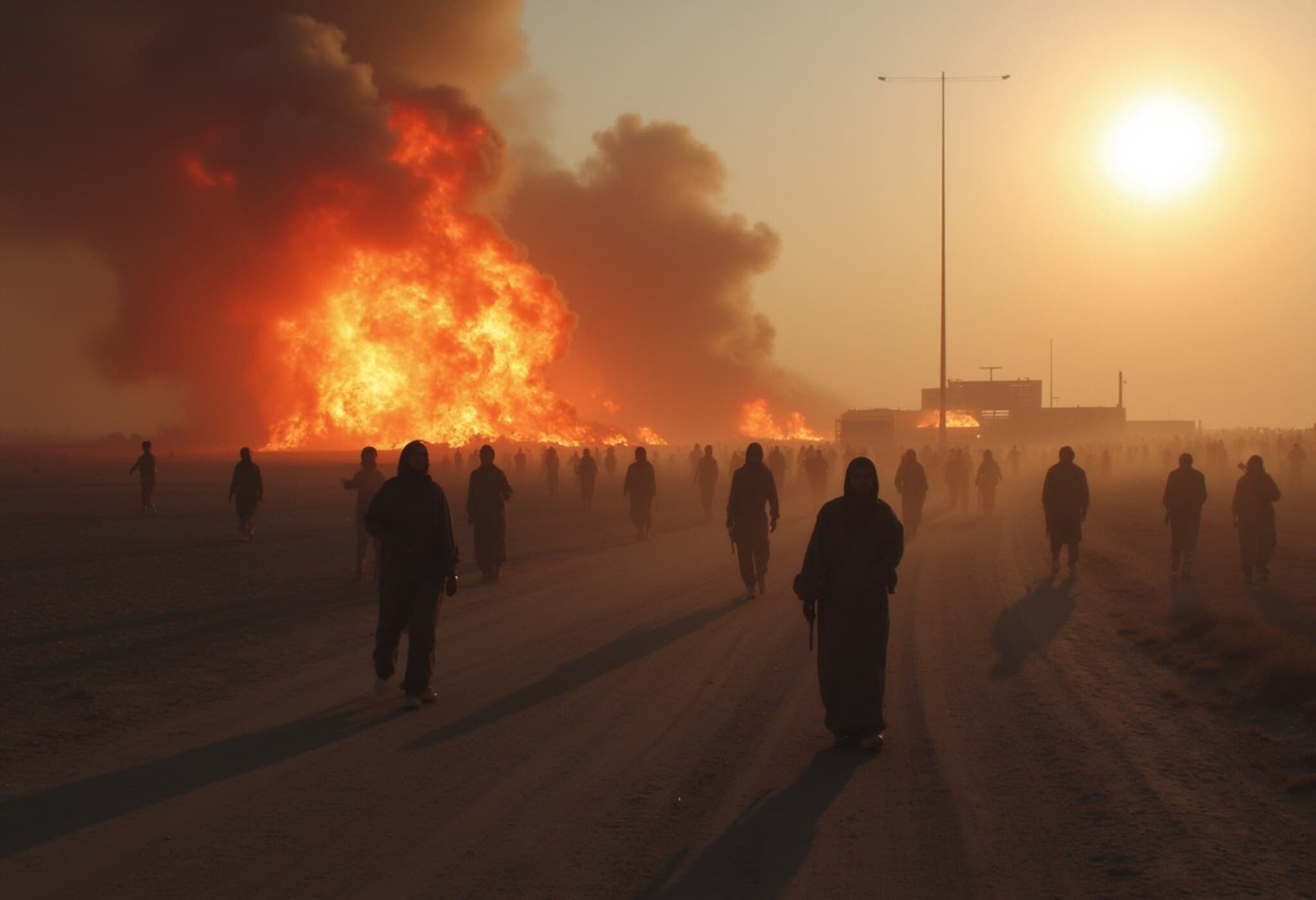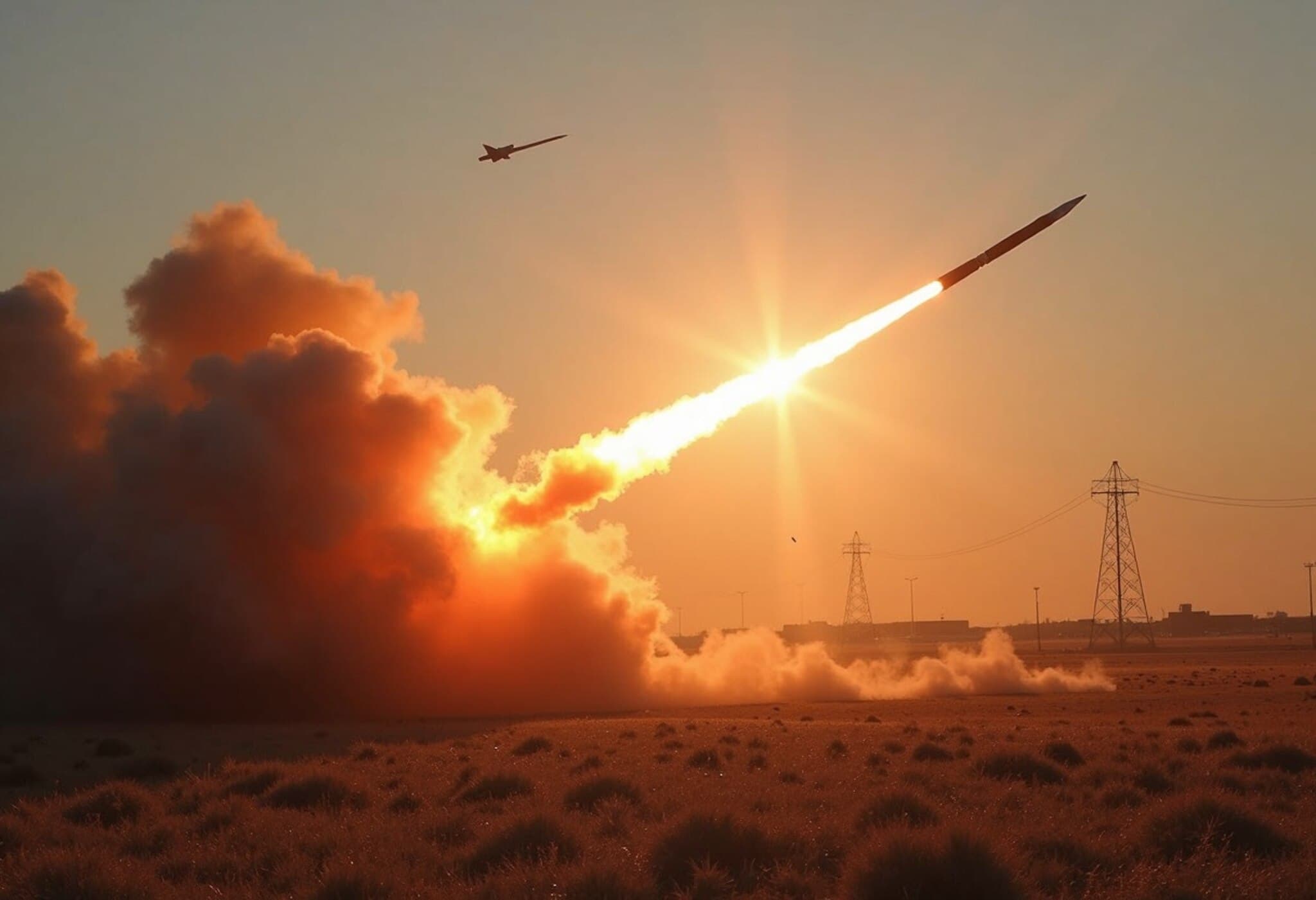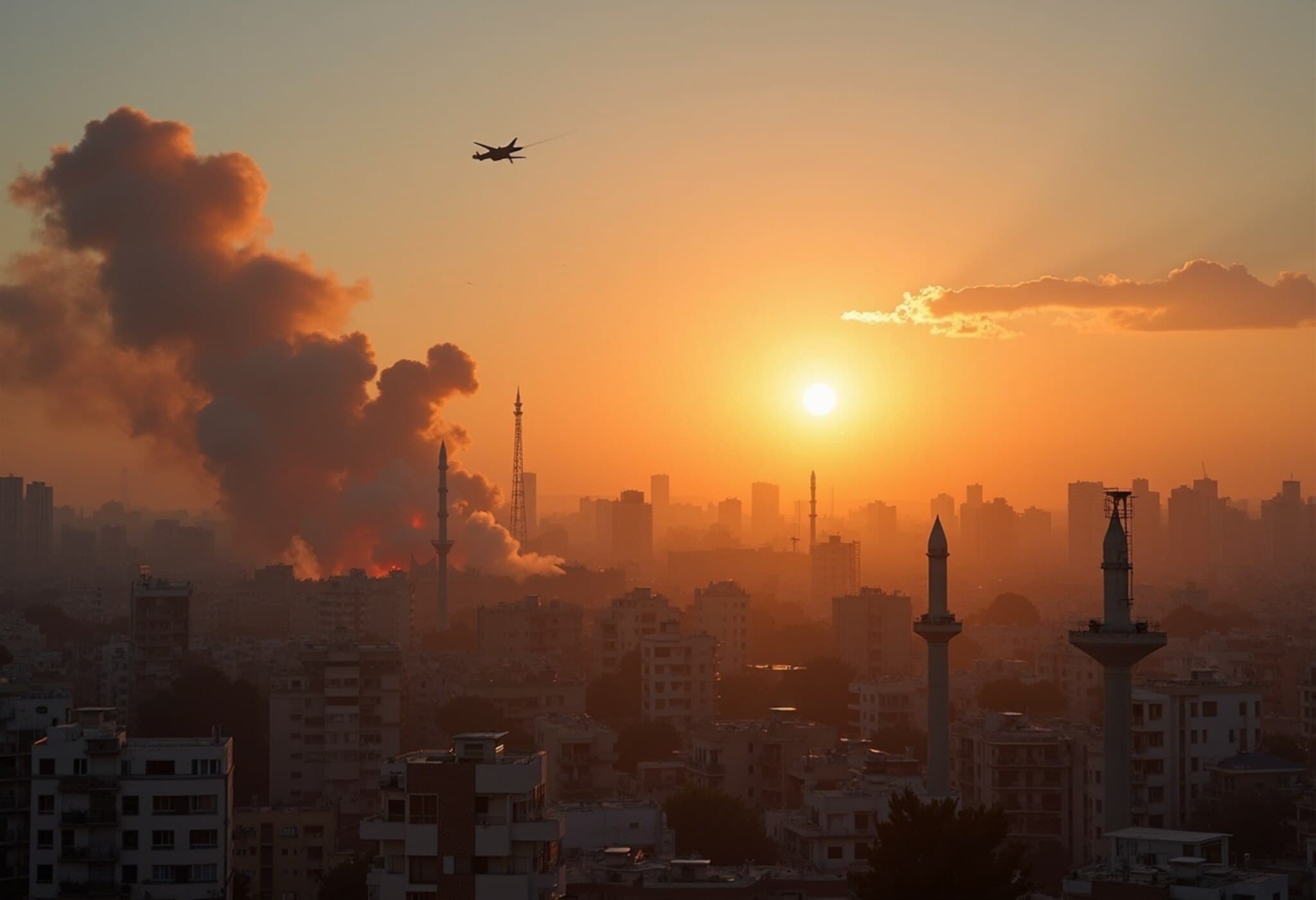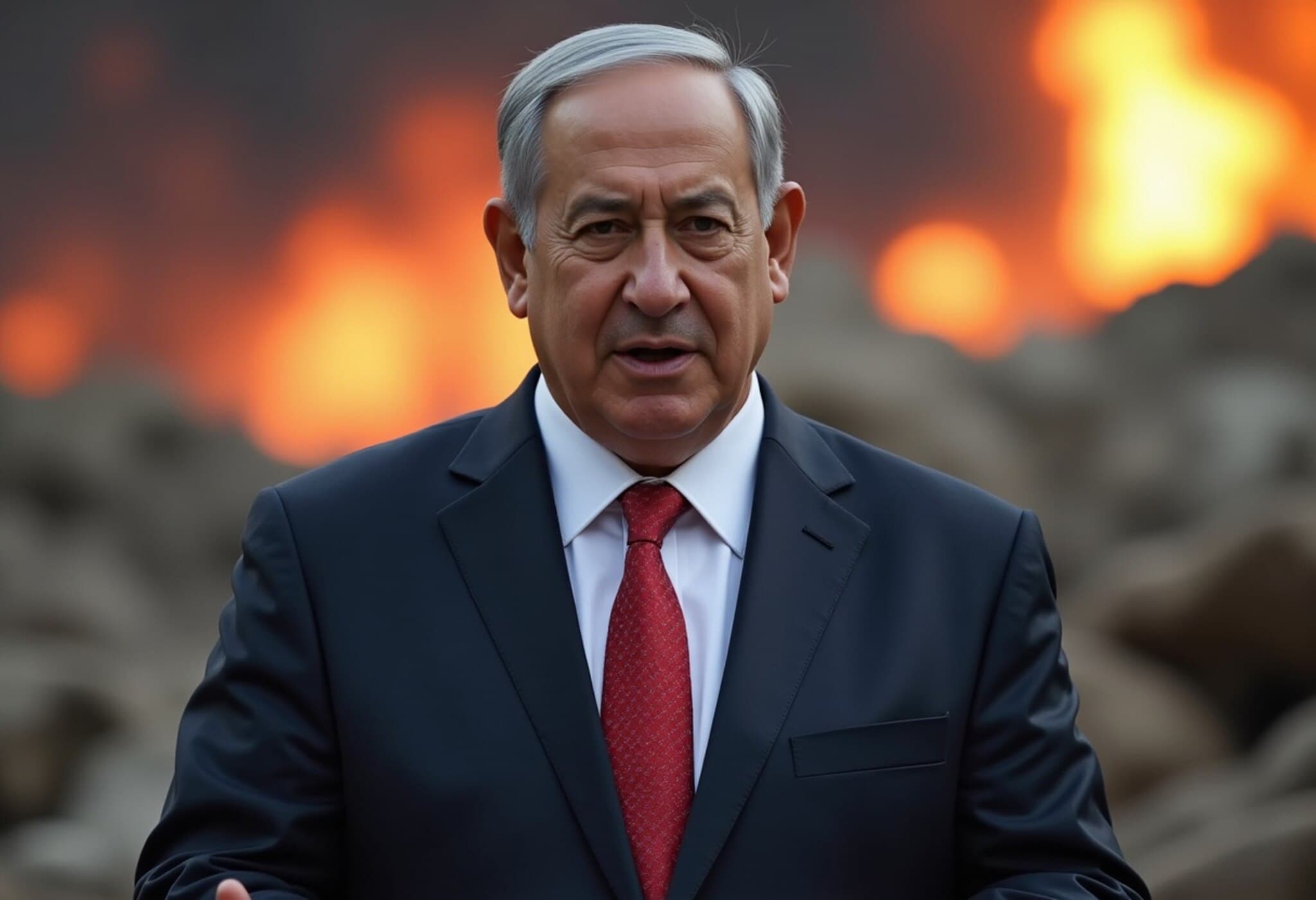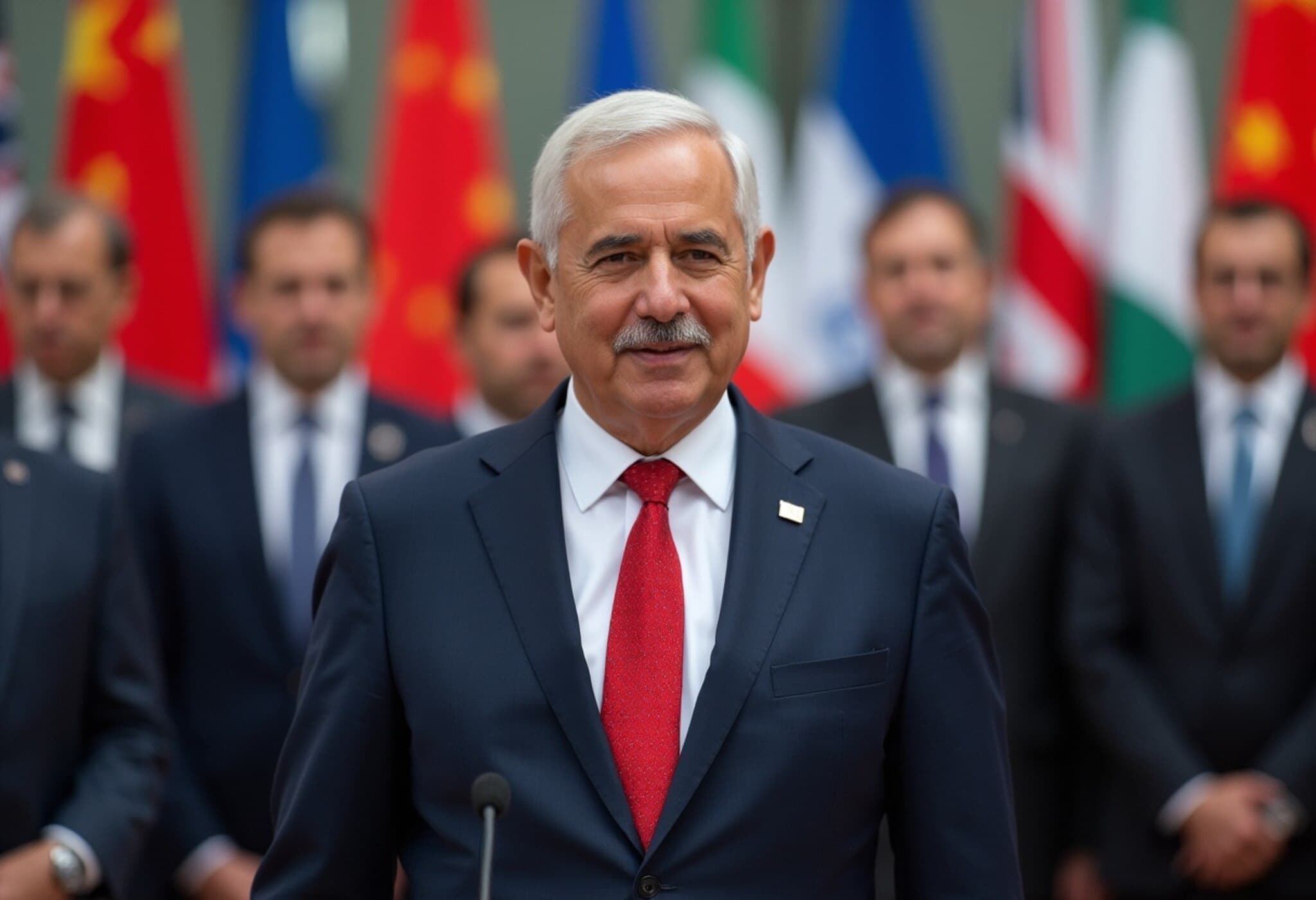Ongoing Tensions Between Israel and Iran Enter Fourth Day
The conflict between Iran and Israel has escalated into its fourth day, marked by continued missile exchanges that have heightened regional tensions and sparked global economic concerns. Israel’s Defense Minister has issued a stern warning, declaring that Tehran will soon "pay the price" in retaliation for Iran’s recent missile attacks targeting major Israeli cities.
Missile Strikes Escalate Along Strategic Locations
Iran launched a series of ballistic missile attacks overnight, striking key urban centers including Tel Aviv, Jerusalem, and Haifa, home to a vital refinery. The exact status of the refinery operations remains unclear as officials assess damage to Israel’s energy infrastructure. The Iranian Revolutionary Guard reported deploying "innovative methods" that overwhelmed Israeli air defenses, causing them to inadvertently target each other.
Israel’s Air Defense Under Pressure
Historically, Israel has relied heavily on an advanced missile defense system renowned for intercepting incoming threats during conflicts. However, the sheer volume of projectiles fired in recent days raises concerns that these defenses could be stretched thin.
Market Impact Amid Uncertain Geopolitical Situation
The renewed hostilities have sent ripples through global markets, particularly impacting energy prices due to worries over potential supply disruptions. The Strait of Hormuz, a critical shipping lane connecting the Persian Gulf and the Gulf of Oman, remains a flashpoint amid fears of conflict spillover in the oil-rich Middle East.
- Brent crude currently trades near $73.81 per barrel, showing a slight dip from previous gains.
- WTI crude is down marginally to $72.70 per barrel.
- Gold prices, often seen as a safe haven, retreated from a recent two-year high.
Interestingly, stock markets in Tel Aviv and Europe showed resilience early Monday, with Tel Aviv’s blue-chip index climbing nearly 1% amid investor optimism for a swift conflict resolution.
Expert Insights on Market Reactions
Luis Costa, head of emerging market sovereign credit at a major global bank, suggests the tempered market response partially reflects hopes for a rapid de-escalation. While acknowledging the potential for a severe outcome, he emphasized that diplomatic pathways remain open, potentially limiting the conflict’s duration and intensity.
Human Toll and Military Responses
Israel’s emergency services have reported four fatalities and 87 injuries following rocket strikes across central Israel, with damaged buildings and rescue operations underway for those trapped under debris.
Accusing Iran of deliberately targeting civilians to thwart Israeli military operations, Israel’s Defense Minister vowed consequences for Tehran’s population. He indicated that future strikes may extend to regime and security targets within Iran’s capital.
Meanwhile, the Israeli Defense Forces declared the completion of extensive airstrikes on multiple Iranian weapons manufacturing sites linked to Iran's elite Quds Force, underscoring the widening military confrontation.
The International Response and the US Role
The global spotlight now turns to the United States, which maintains strong military support for Israel. Recent faltering nuclear negotiations between Washington and Tehran add complexity to the situation. Former US leadership has consistently taken a tough stance against Iran, further coloring the geopolitical landscape.
Current US officials are expected to discuss the escalating conflict during the ongoing G7 summit, which gathers leaders from major world economies including Canada, France, Germany, Italy, Japan, the United Kingdom, and the European Union.
Looking Ahead
The international community faces mounting pressure to facilitate dialogue and prevent further escalation in a region pivotal to global energy security. As tensions persist, markets and governments alike remain vigilant, cautiously watching for signs of either escalation or resolution.

